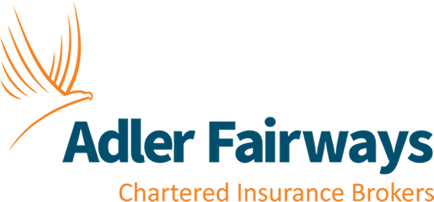Across the UK, many people run businesses or sidelines from home. Whether it involves baking cakes for customers, repairing electronics in a shed, or offering beauty services in a spare room, these ventures can be some people’s main source of income or some welcome extra cash. However, many homeowners are unaware that running a business from their home can directly impact their home insurance.
But don’t panic. With the right protection in place, you’ll be able to keep both your business and home properly covered just in case the worst were to happen.
In this article, we explain the insurance requirements for home-based businesses.
What constitutes a home business?
A business is any activity conducted for payment or financial gain, including full-time enterprises and occasional sidelines. If you receive money for goods or services, it is considered a business activity by insurers.
How does a running a business from home impact your insurance?
Standard home insurance is designed for private residential use, not commercial operations, however minor. Introducing business activities changes the risks:
- Visitors to your home: Customers or suppliers visiting your home increase the likelihood of accidents and liability claims.
- Tools, stock, and equipment: Business items such as ovens, specialist tools, or storage units may not be covered under standard contents insurance.
- Fire and safety risks: Activities like catering, repairs, or crafting introduce hazards beyond everyday household domestic use.
It’s really important that you’re honest with your insurers about your home-based business activities. Failing to declare home business use could result in claims being rejected, or even your policy being voided.
Do you need business insurance if you work from home?
Running a business from home, whether from a kitchen, shed, garage, or workshop, can be fulfilling and profitable. However, to protect both your home and your livelihood, it is vital to ensure your insurance reflects your business activities. Being upfront and advising your insurer of your home business will provide you with peace of mind and make sure you are correctly insured.
Julie Rayson-Lee, Placement Director at Adler Fairways said “Home-based businesses can seem small and harmless, but they often introduce risks standard home insurance won’t cover. Declaring your business use is essential to make sure both your home and income are properly protected.”
What actions should you take?
- Notify your insurer: Always declare any business activity, no matter how minor.
- Check your cover: Standard home policies rarely cover business-related risks.
- Consider specialist policies: Public liability, product liability, and business equipment cover may be essential.
- Update as you grow: Review your business insurance regularly as your company expands.
With the right approach, you can focus on growing your venture, confident that both your home and business are protected against the unexpected.
Have a chat with us today, and ensure you are appropriately covered. Contact your nearest branch or complete our short contact form.
If you enjoyed this article, you might also like:

Julie Rayson-Lee
Placement Director


